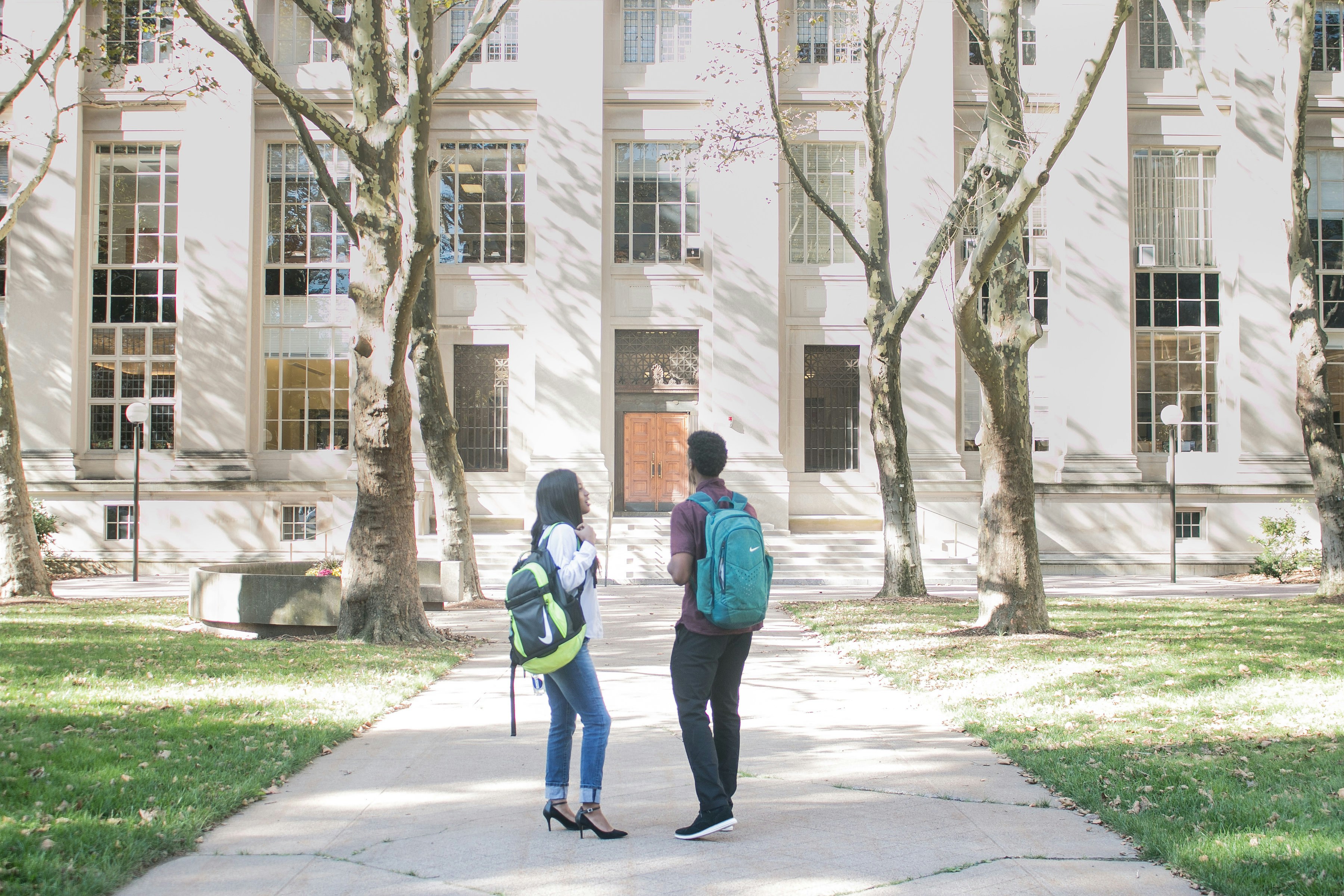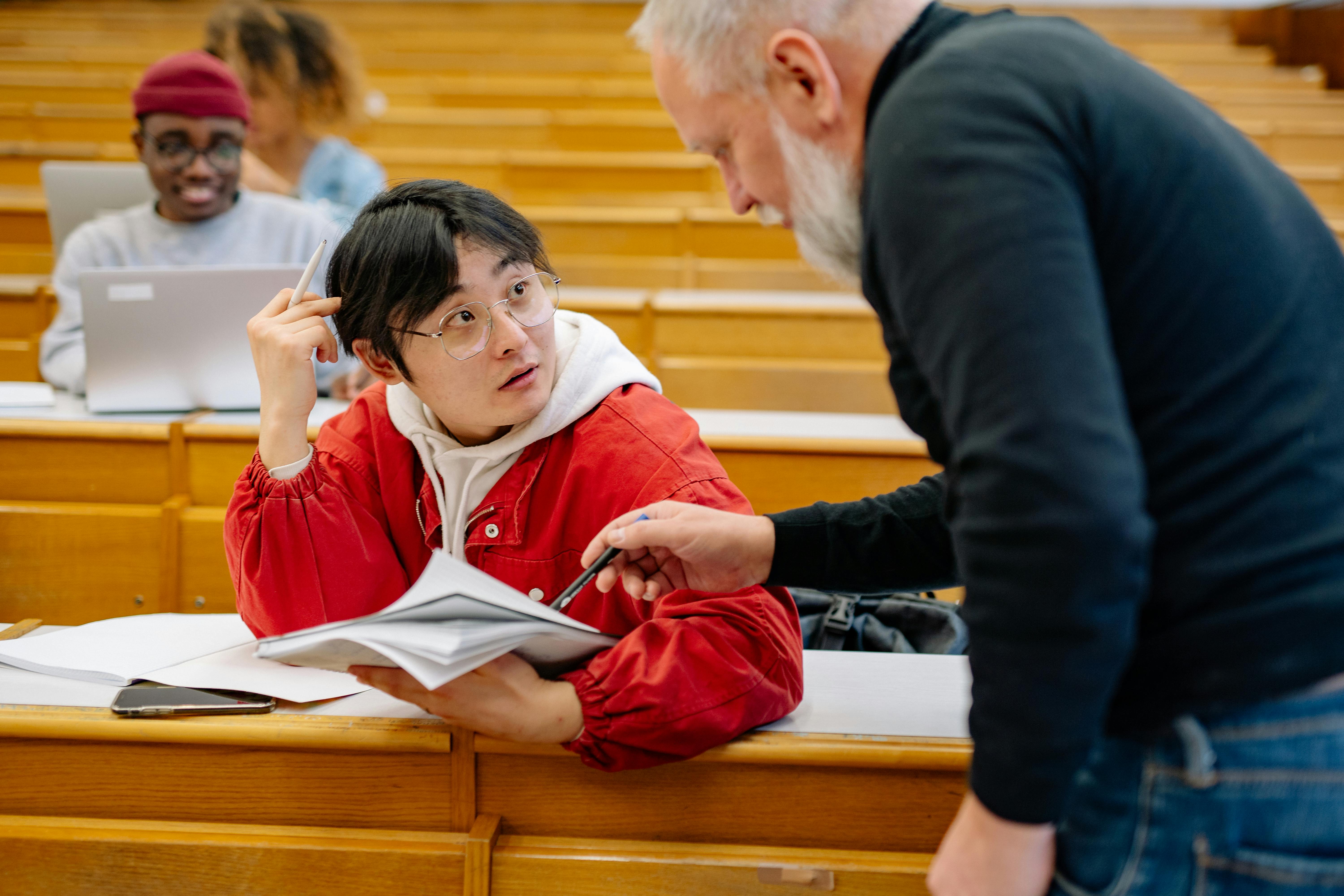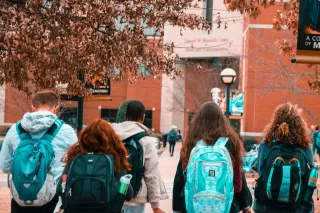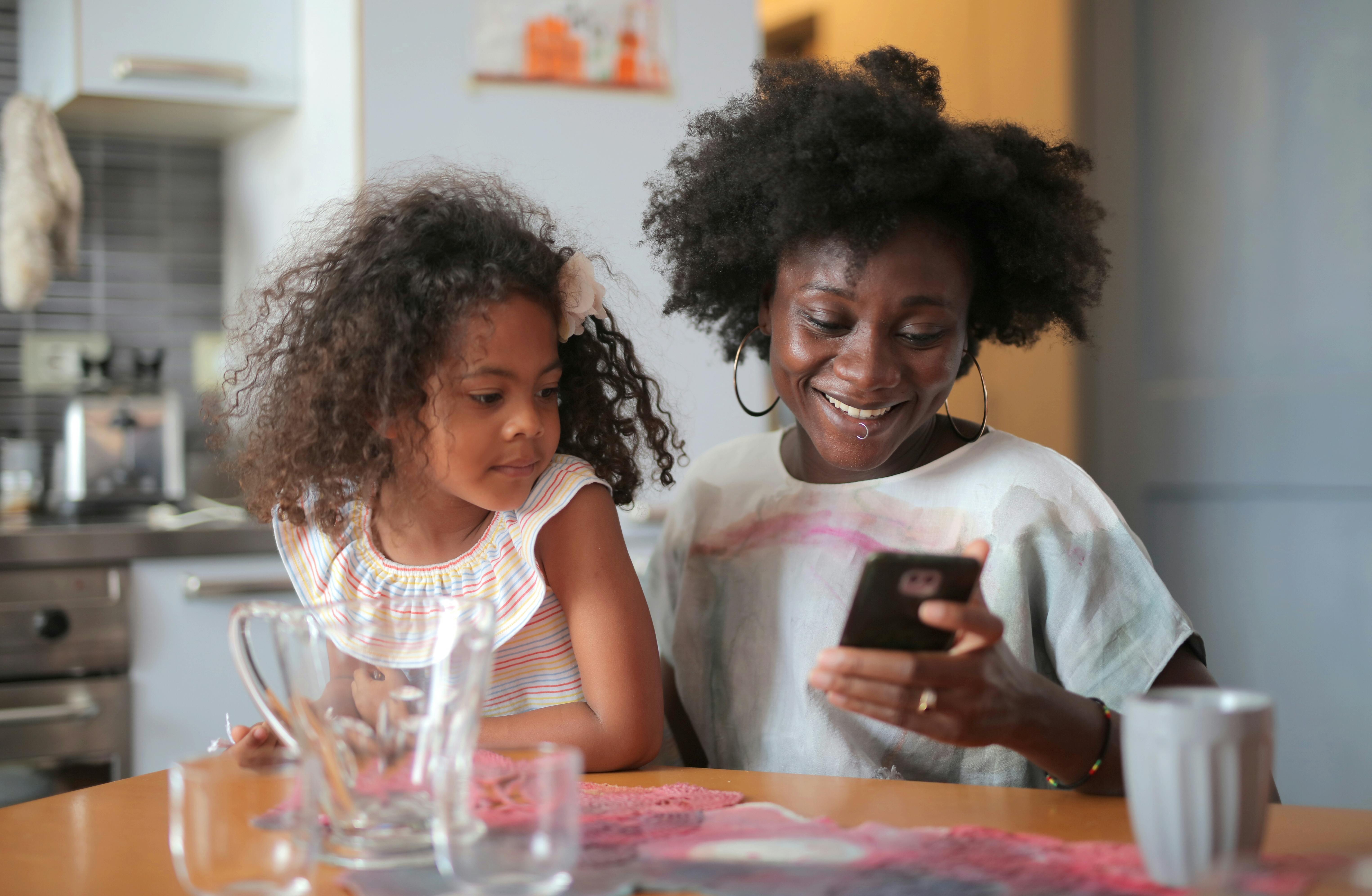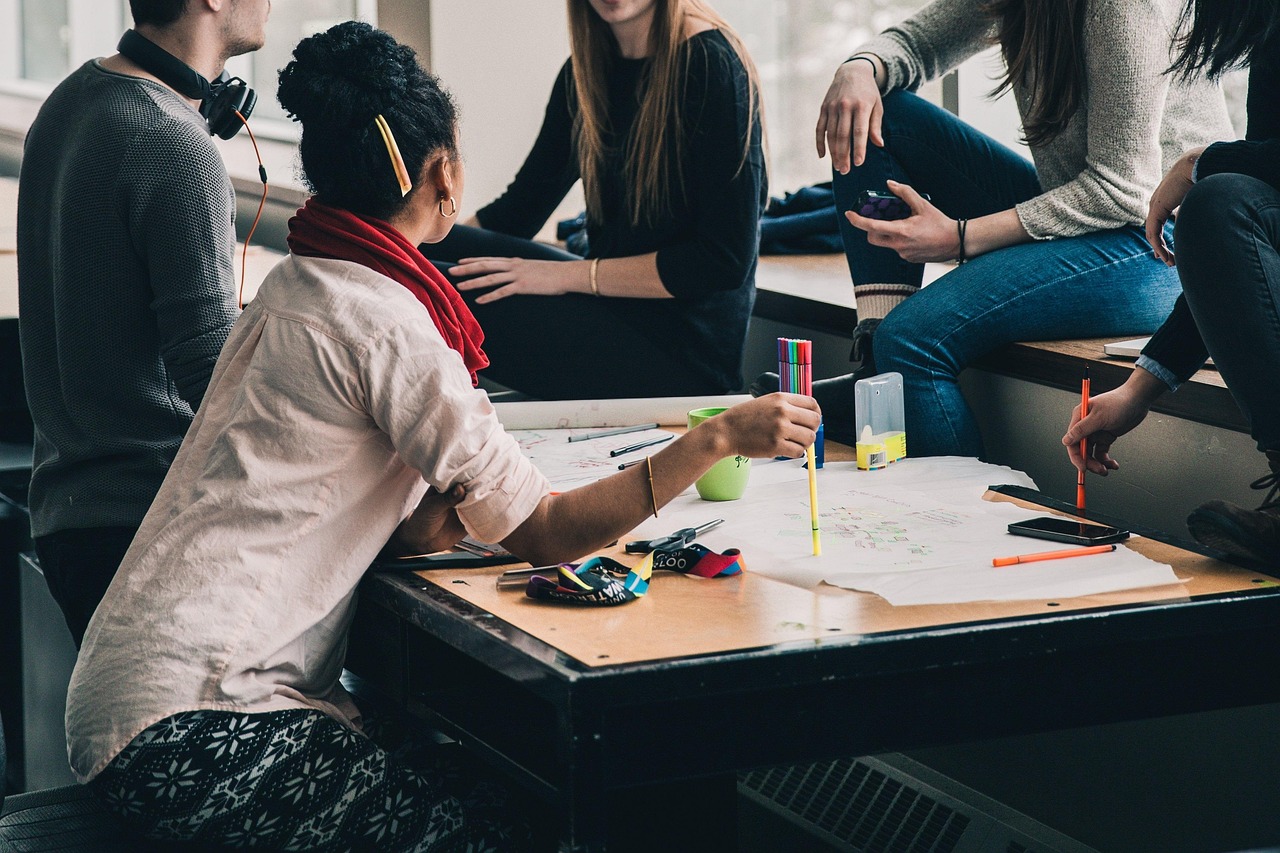November 2, 2022
The Power of Gratitude
Expressing gratitude can benefit students both emotionally and academically.

Ross E O’Hara, Ph.D.
About

Expressing gratitude helps bind people together and enhances our social and emotional well-being.
Gratitude interventions for students have boosted positive affect, focus, motivation, and resiliency.
When prompted, students often express gratitude for faculty, staff, family and friends who support them.
Back in 2022, I ran the Detroit Marathon, and in conjunction, raised money for the Detroit Community Cat Rescue. The day after the race, I wrote thank-you's to everyone who donated, including several guys from my basketball league. I had already revealed a little more of myself than typical by soliciting donations for cats and I worried that handwritten notes would be another violation of masculine norms.
I was so wrong. Expressing gratitude to my friends, not only for their donations but also for their camaraderie, struck a chord. In fact, research on gratitude tells us that everyone overestimates how awkward giving thanks will be and underestimates the surprise and positive effect it will bring to others. Now I feel more bonded with those guys than ever before.
Read on to see how expressing gratitude can boost mental health in the face of adversity.
Subscribe to our newsletter
Stay updated on our latest posts and research-backed insights.
Thank you! Your submission has been received!
Oops! Something went wrong while submitting the form.

Ross E O’Hara, Ph.D.
Chief Learning Officer
Dr. O'Hara is Chief Learning Officer at Persistence Plus, where he applies his expertise in behavioral science to develop scalable interventions that improve college student retention. He has developed motivational and empathetic messaging for college students for over 11 years, and he currently leads a Lumina Foundation-funded action research project on continuous enrollment in community colleges. Dr. O’Hara earned his Ph.D. in social psychology from Dartmouth College and completed post-doctoral fellowships at the University of Missouri and the University of Connecticut. His research has appeared in numerous peer-reviewed journals, including AERA Open and the Journal of Postsecondary Success, and he has contributed to Behavioral Scientist, the EvoLLLution, and EDUCAUSE Review, among others.
%201.svg)






